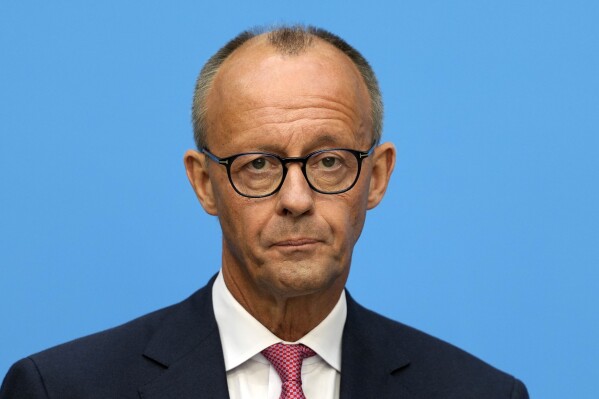DCGI grants approval to Cipla to launch generic remdesivir for COVID-19 in India
Mon 22 Jun 2020, 00:10:28
.jpg)
Homegrown pharma major Cipla Ltd announced the launch of its generic version of remdesivir, which has been authorised for emergency use in treatment of COVID-19 patients by the USFDA, under its brand name Cipremi.
The USFDA had issued an Emergency Use Authorization (EUA) to Gilead Sciences Inc for emergency use of remdesivir for the treatment of COVID-19 patients.
Remdesivir is the only USFDA approved Emergency Use Authorisation (EUA) treatment for adult and paediatric patients hospitalised with suspected or laboratory confirmed COVID-19 infection.
In May, Gilead Sciences Inc extended a voluntary non-exclusive license to Cipla to manufacture and market generic version of remedisvir called Cipremi.
Cipla said it has been granted regulatory approval by the Drug Controller General of India (DCGI) for restricted emergency use in the country as part of the accelerated approval process considering the urgent and unmet medical need.
"As part of a risk management plan, Cipla will provide training on use of the drug, informed patient consent
documents, conduct post marketing surveillance as well as conduct a Phase IV clinical trial on Indian patients," the company said in a statement.
documents, conduct post marketing surveillance as well as conduct a Phase IV clinical trial on Indian patients," the company said in a statement.
To enable speedy and equitable access to this treatment and in anticipation of demand, Cipla will be commercialising remdesivir through its own facilities and partnered sites, it added.
The drug will be supplied through the government and open market channels to ensure equitable distribution, the company said.
Commenting on the launch, Cipla Ltd MD and Global CEO Umang Vohra said, "Cipla appreciates the strong partnership with Gilead to bring remdesivir to patients in India.
We have been deeply invested in exploring all possible avenues to save millions of lives impacted by COVID-19 pandemic, and this launch is a significant milestone in that direction".
The company will continue to collaborate with all stakeholders in the healthcare ecosystem towards providing access to such promising treatments in furtherance with the belief that no patient should be denied access to life-saving treatments, he added.
No Comments For This Post, Be first to write a Comment.
Most viewed from National
Most viewed from World
AIMIM News
Delhi Assembly polls: Owaisi leads Padyatra in Okhla
Feb 01, 2025
We reject this Waqf Amendment Bill: Asaduddin Owaisi
Jan 30, 2025
Latest Urdu News
Most Viewed
May 26, 2020
Which team will win the ICC Men's Champions Trophy 2025 held in Pakistan/Dubai?
Latest Videos View All
Like Us
Home
About Us
Advertise With Us
All Polls
Epaper Archives
Privacy Policy
Contact Us
Download Etemaad App
© 2025 Etemaad Daily News, All Rights Reserved.

.jpg)

.jpg)
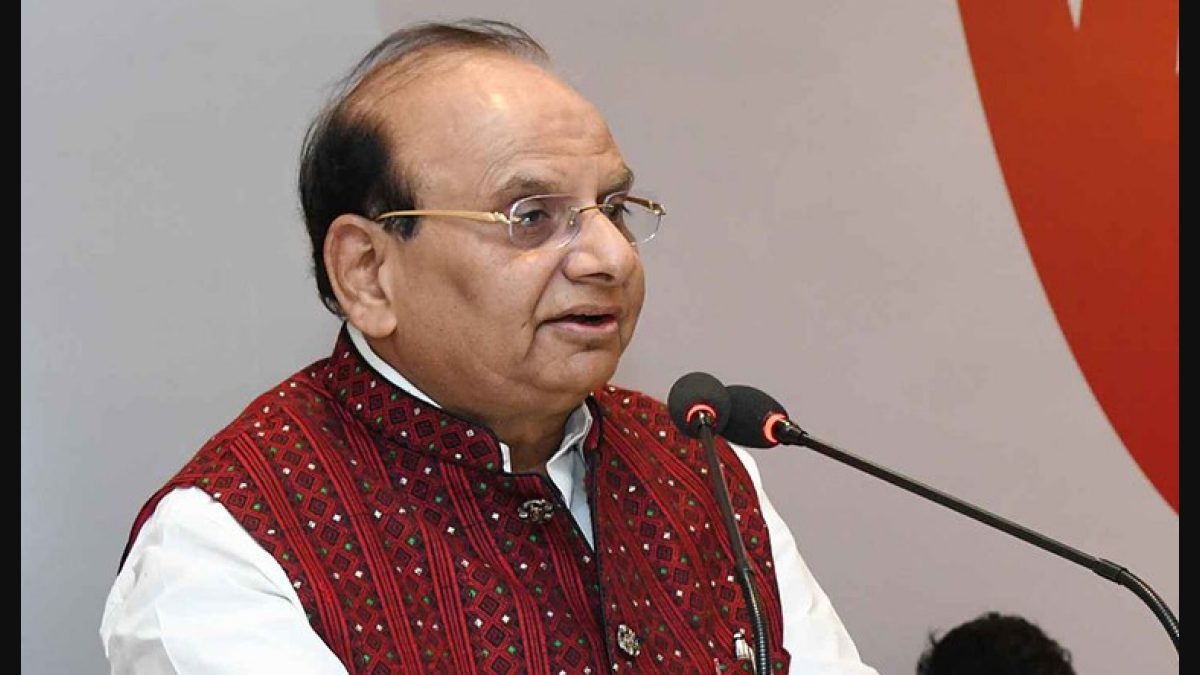
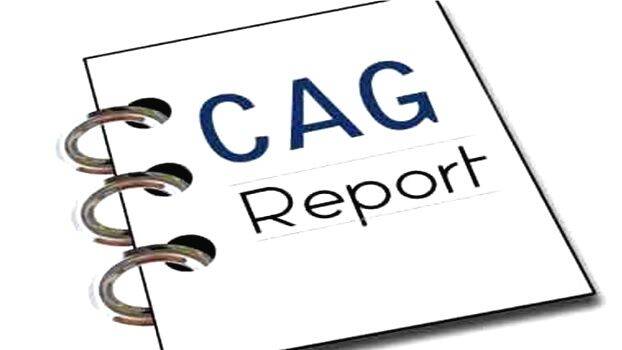



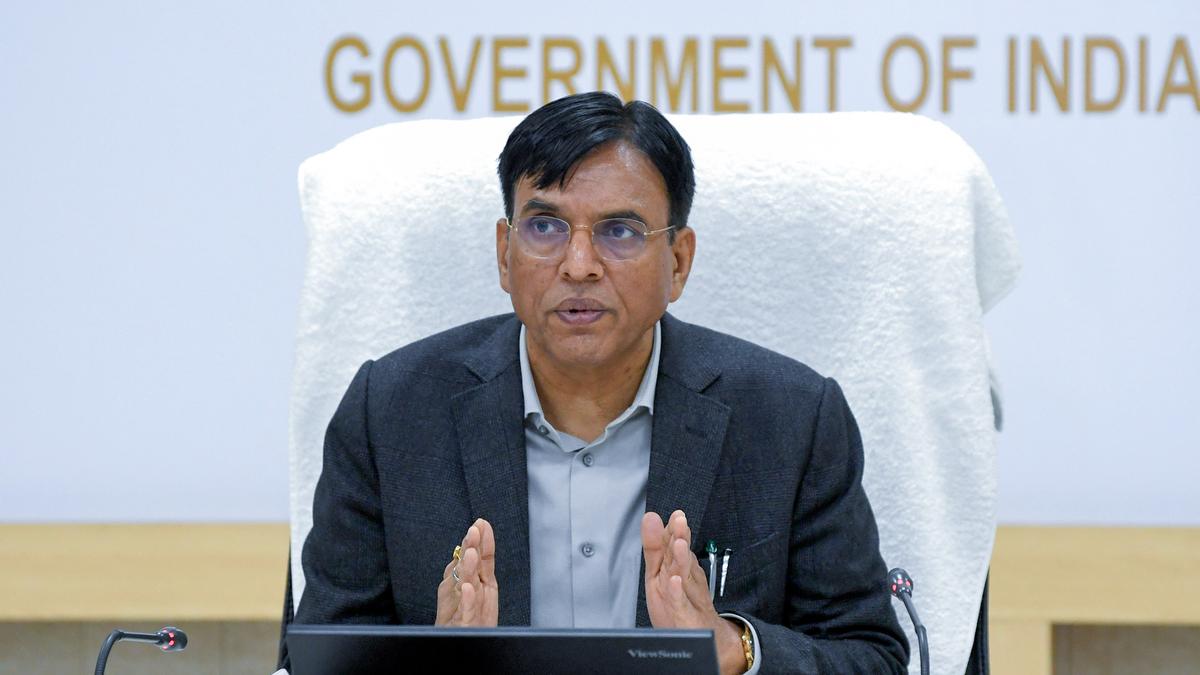
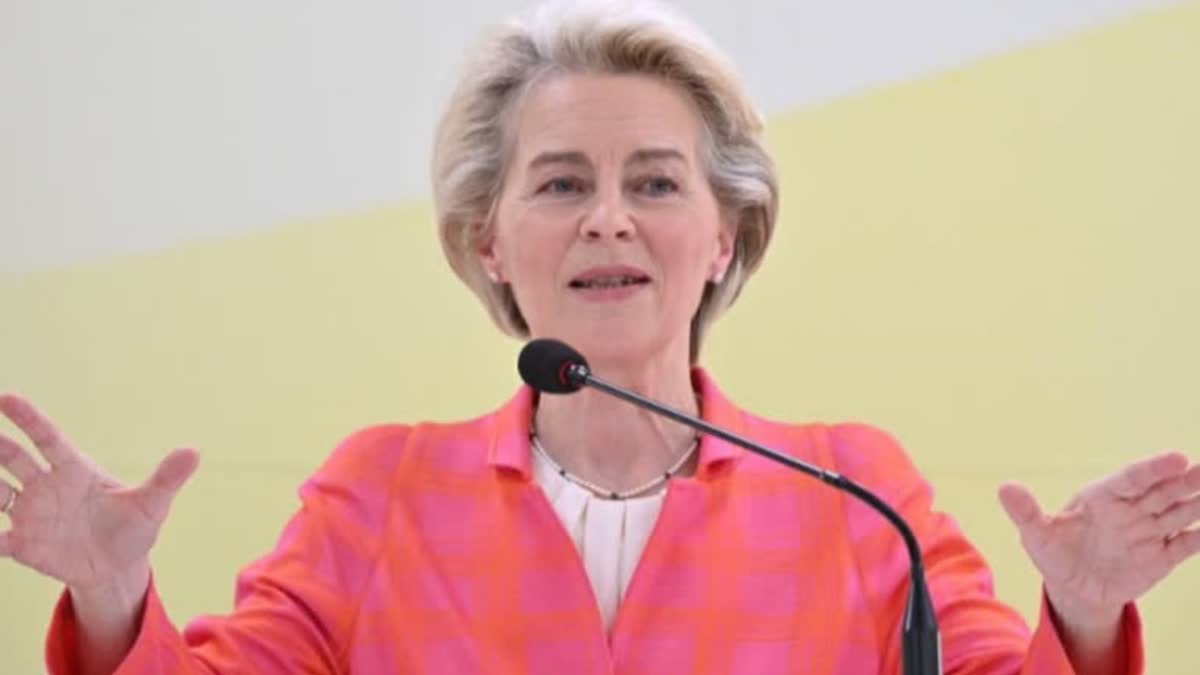


.jpg)
.jpg)
.jpg)
.jpg)
.jpg)
.jpg)
.jpg)
.jpg)
.jpg)
.jpg)

